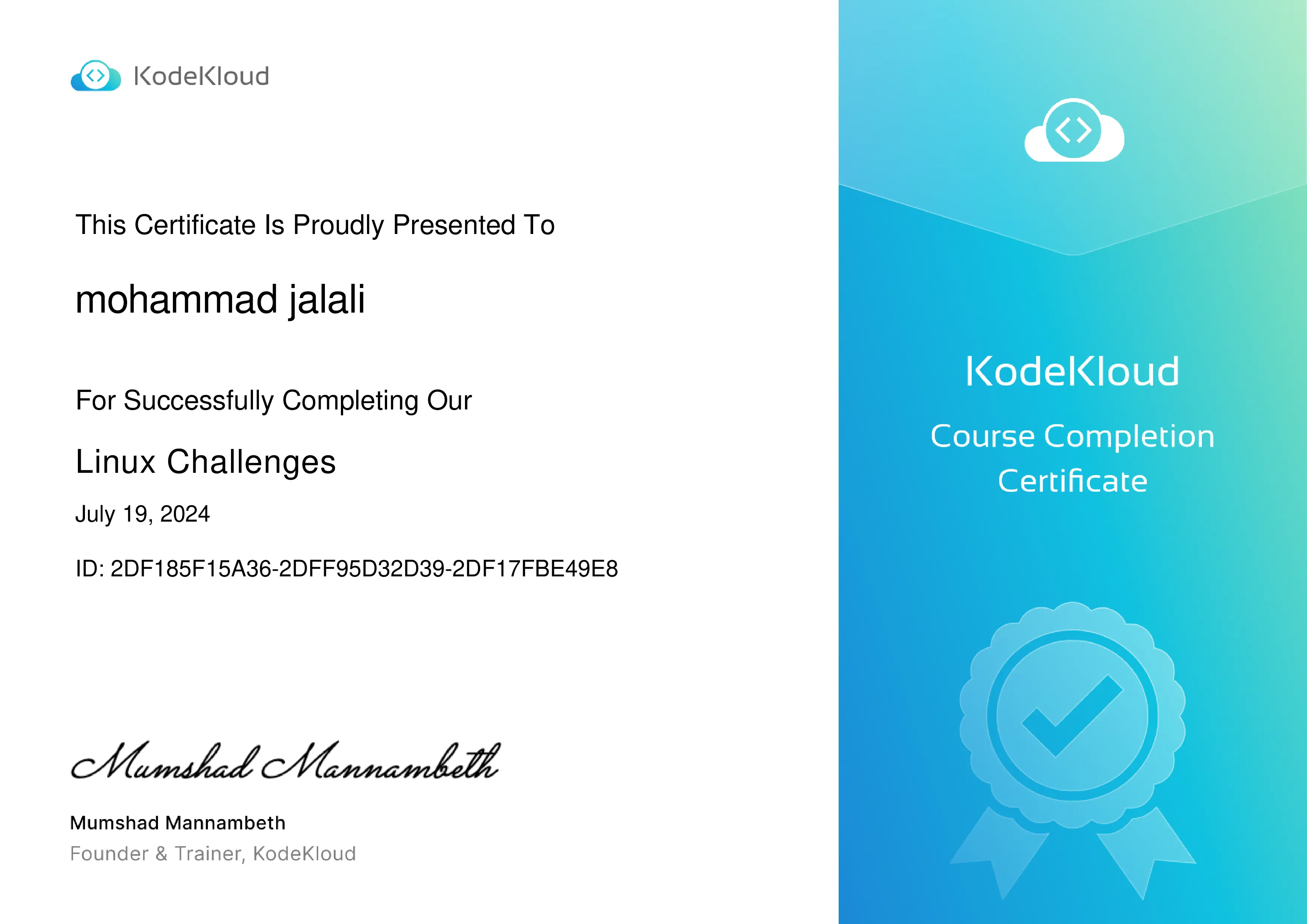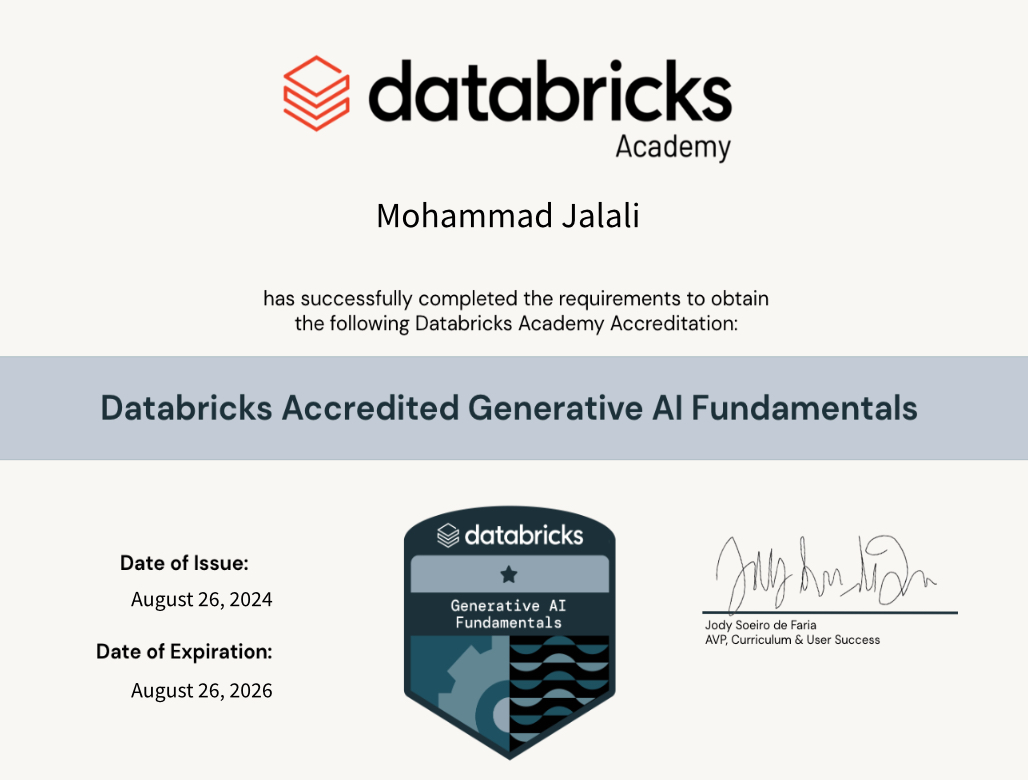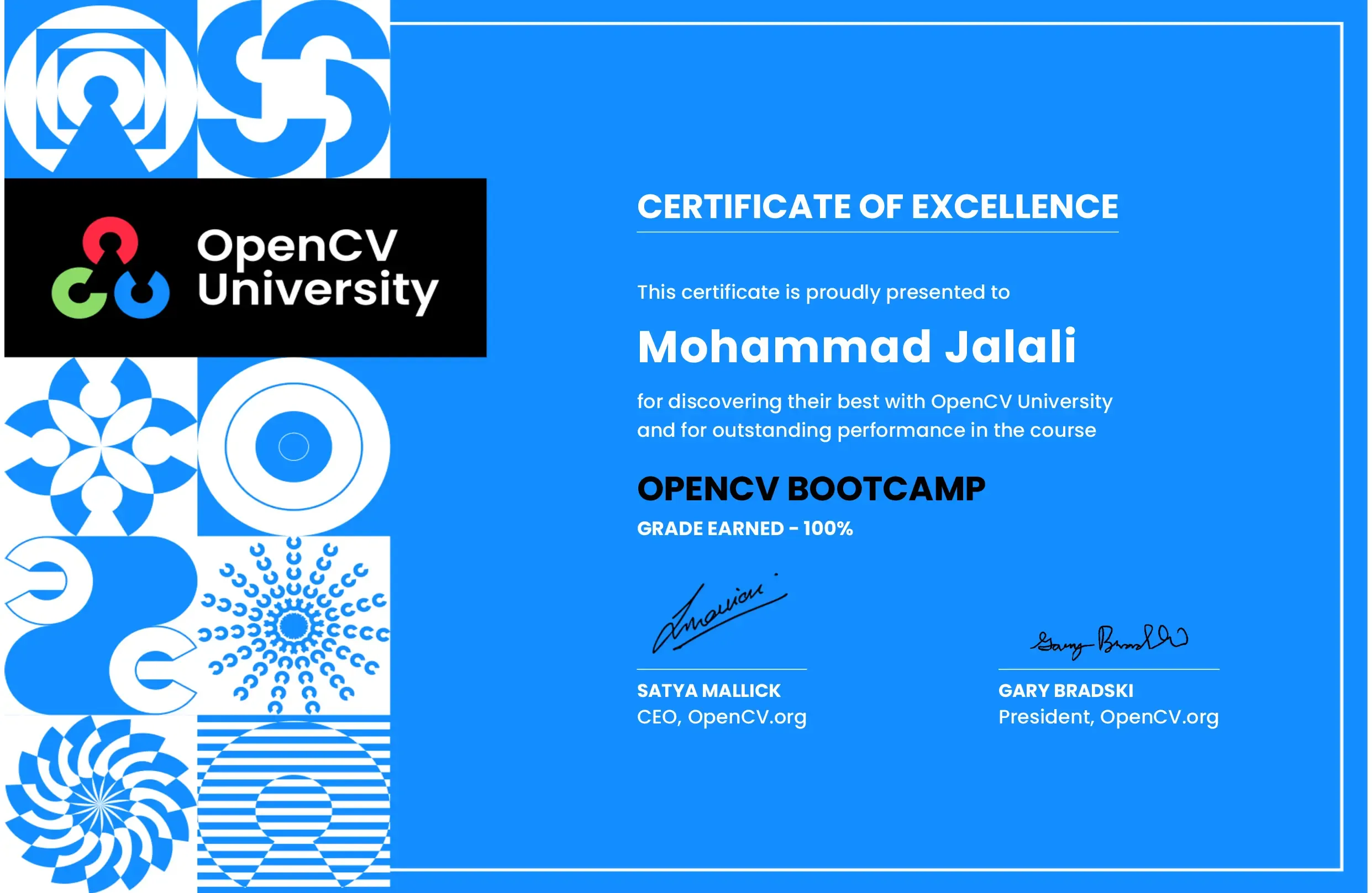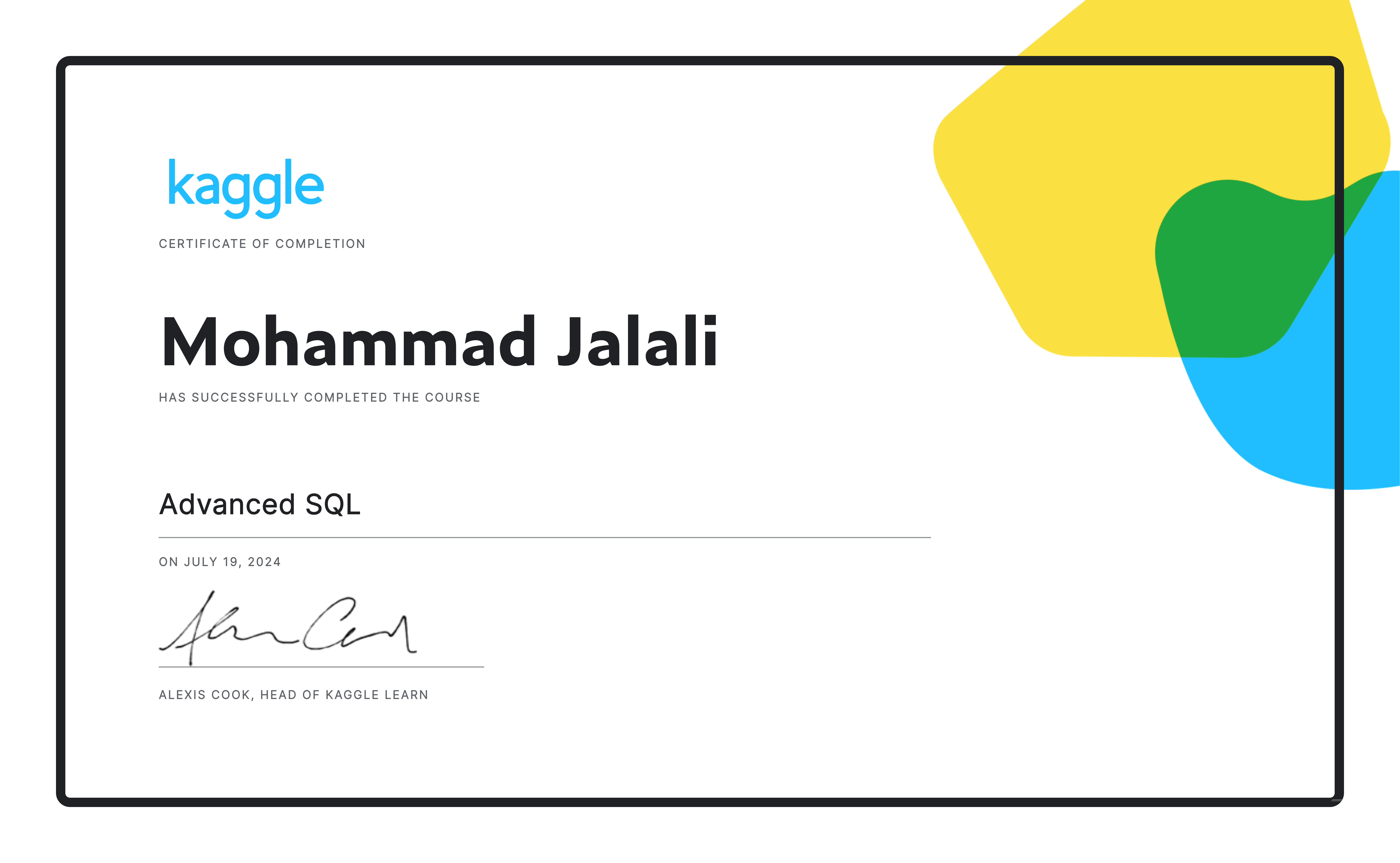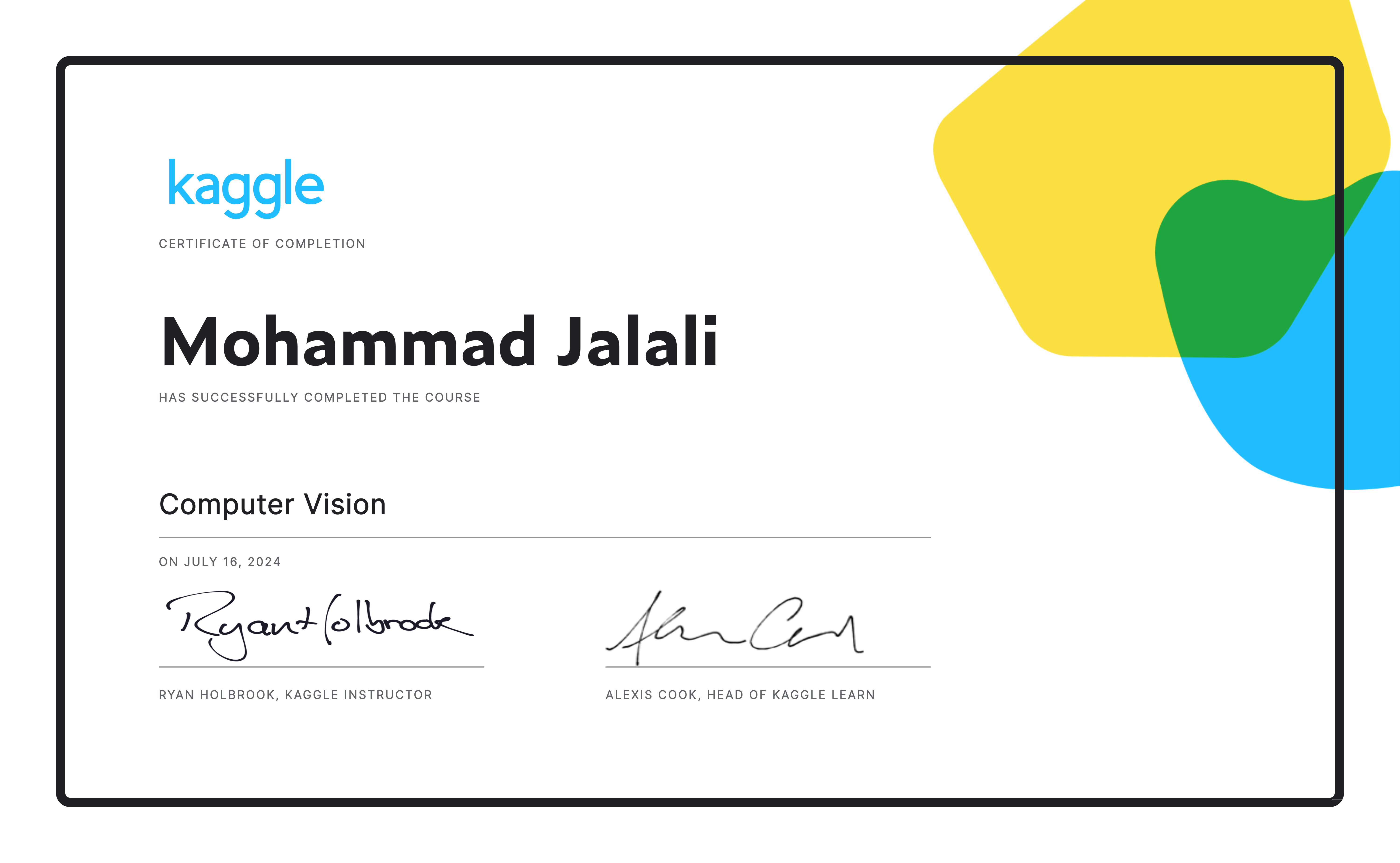BIOGRAPHY
Entrepreneur and researcher focusing on deep learning and distributed computing. Experienced in presenting at IEEE conferences and teaching both online and in-person.
EDUCATION
Master of Computer Engineering
University of Tehran
YEARS OF EXPERIENCE
+8
PUBLICATIONS
+2
CERTIFICATIONS
+5
Skills
My favourite skillsI learned at the university

Linux
Intermediate
Python
Intermediate
Pytorch
Intermediate
Deep
Learning
Intermediate

LaTex
Intermediate
C++
IntermediateI learned at work

Next.js
Intermediate
Node.js
Intermediate
Git
Intermediate
HTML
Intermediate
CSS
Basic
SQL
IntermediateExperiences
My lovely experiencesAcademic
Graduate Research Assistant
University of TehranAs a master's student at University of Tehran, I conducted extensive research in distributed systems, parallel computing, and machine learning under the mentorship of Professor Abdorreza Torabi. My efforts resulted in the publication of two research papers:
- 1- L-DATR: A Limited-Memory Distributed Asynchronous Trust-Region Method
- 2- Design and Implementation of an Efficient Parallel Algorithm for Sparse Principal Component Analysis
For the L-DATR paper, I collaborated closely and effectively with Saeed Soori, who holds a Ph.D. in Computer Science from the University of Toronto. This collaboration further enriched my research experience.
Graduate Teaching Assistant
University of Tehran As a Graduate Teaching Assistant at University of Tehran, I contributed to several advanced courses for master’s students, enhancing my ability to explain complex topics. For the Machine Learning course, supervised by Professor Ali Fahim, I facilitated practical labs and deepened my expertise in guiding students through real-world applications. In the Randomized Algorithms course, under Professor Ali Moeini, I developed engaging sessions that simplified probabilistic concepts, boosting my confidence in teaching theoretical material. Additionally, for the Parallel Computing course with Professor Abdorreza Torabi, I supported hands-on coding labs, strengthening my skills in managing technical instruction.Work
Founder
Gatpier Due to my passion for entrepreneurship, I founded a startup called Gatpier. We offered various services, including consulting for companies on leveraging deep learning in their operations, setting up and maintaining company networks, ensuring network security, and teaching practical subjects such as deep learning, data science, optimization, networking, and programming. As the founder, I faced numerous challenges like team management, coordinating with professors from the University of Tehran to teach at our company, ensuring the quality of our educational courses, negotiating with other companies, and overcoming various other obstacles. These experiences significantly enhanced my management skills and problem-solving abilities.Python Programmer
Hamrahe Aval (MCI) I worked as a programmer at Hamrahe Aval, the first and largest mobile operator in Iran, where I built and refined my Python expertise across multiple projects. My role involved developing and optimizing code to support mobile network operations, adhering to strict network protocols, and collaborating with teams to integrate solutions. I also contributed to enhancing system efficiency by automating processes and tackled challenges in mobile network security, gaining practical insights into large-scale telecommunications infrastructure.Interests
My recent research interests
Deep
Learning
Because it is fascinating to create something that can perform better than you in certain areas and learn on its own without explicit programming.
Distributed
Systems
I'm a fan of distribution because many tasks can't be accomplished alone, and distribution enhances the reliability and speed of problem-solving.
Security
As technology advances, it makes tasks easier but also increases the risks of losing privacy and facing greater dangers, making security more crucial than ever.

